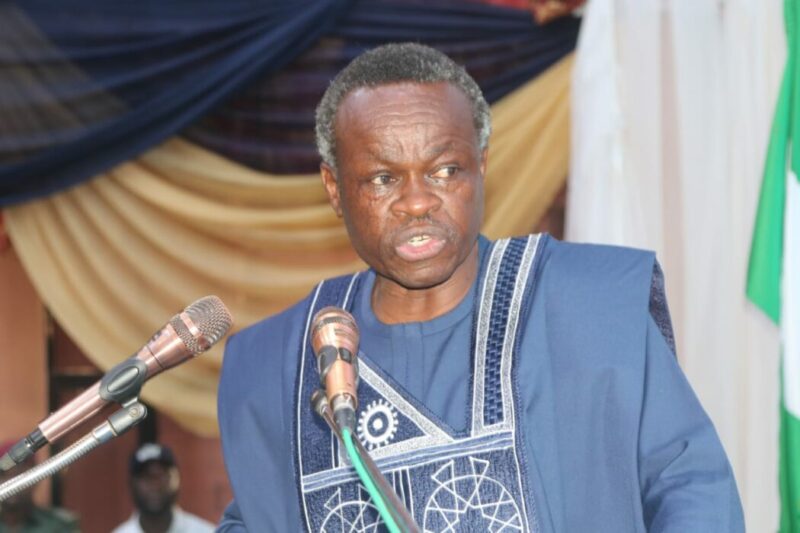A former director of Kenya Anti-Corruption Commission, Prof. Patrick Lumumba, on Thursday, said African universities must be respected and adequately funded if true development was to be achieved on the continent.
Lumumba stated this in a lecture he delivered to mark the 50th anniversary of the University of Ilorin (UNILORIN) in Ilorin, Kwara State, Nigeria.
He noted that Nigeria’s vast human resource potential continues to shine globally, as evidenced by the countless Nigerian engineers, professors, and doctors excelling in Europe, America, and across Africa.
He emphasised that the rise of Africa depends on giving the continent’s scholars and institutions their rightful place, beginning with universities such as the University of Ilorin.
Reflecting on Africa’s past commitments, Lumumba recalled the 1980 Lagos Plan of Action, where leaders pledged to strengthen education and intra-African trade but failed to follow through.
He also cited the 1991 Abuja Declaration, in which African nations promised to allocate 15 per cent of their national budgets to health, a target still unmet decades later.
According to him, these unfulfilled promises illustrate the gap between aspiration and action on the continent.
Lumumba, therefore, called on the management of the University of Ilorin to take it upon itself to act towards the achievement of policies that would be of benefit to its immediate community, Nigeria and Africa as a whole.
He stated that Africa remains the only continent where academics are undervalued while politicians become multimillionaires, a situation which he emphasized, that must change for the continent to progress.
Lumumba critiqued the nation’s current state of food dependency, lamenting that despite the ongoing cultural debate over jollof rice between Nigeria and Ghana, the country continues to heavily import rice, beef, and poultry.
“Today, Africa cannot feed itself. This must stop,” he declared.
He also emphasised that the solution to the challenges of Africa lies within a reformed, indigenous educational framework.
He charged Nigerian universities
to focus on creating a new generation of graduates equipped to solve local problems, expressing a vision for a time when “the minds of young Nigerians and the minds of young Africans will be decolonized.”
Lumumba said the pathway to self-reliance is a revolution in agriculture led by academia and practical engagement in areas like aquaculture, poultry farming, sugarcane farming, among others.
“I’m looking forward to the day when the engineers produced at the University of Ilorin will solace the problems of the continent of Africa.
“I look forward to to the University of Ilorin producing a different graduates of agriculture; so that when we talk of aquaculture in Nigeria, when we talked about poultry farming in Nigeria, when we talked about sugar cane farming in Nigeria, Africa will be able to feed ourselves,” he stated.
He, however, opined that the University of Ilorin was already beginning to engage in the necessary large-scale agricultural projects to shift the national narrative from dependency to self-sufficiency.
“I see the 15,000-hectare area, and I see jatropha farms and teak farms,” he noted.








